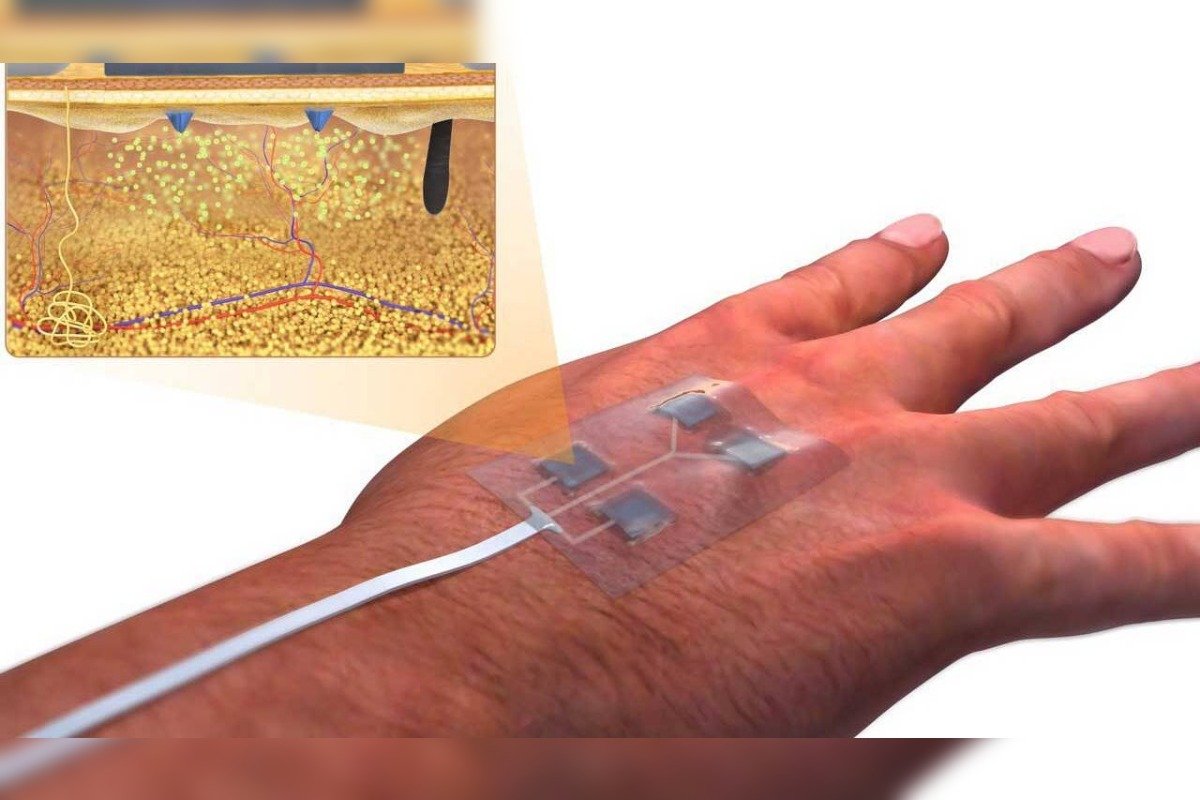Patients who have diabetes tend to have a risk of developing Chronic Wounds. In the majority of the cases, the Chronic wounds are non-curable and lead to amputation of the limbs. In the latest research, the UConn (University of Connecticut) researchers have developed a smart bandage that can be wirelessly controlled using a smartphone-sized platform. Besides, the new Smart bandage delivers the medicines precisely to the wounds with independent dosage. The new Smart bandage would be a blessing in disguise for diabetics who often are subjected to limb amputation due to Chronic wounds.
Wearable Wireless Smart Bandage: Everything You Need to Know
The wearable wireless smart bandage features 3D printed miniature needles with drugs that can be controlled wirelessly. The needles feature multiple drugs of different dosages; the caregiver can program the miniature needles without the need to visit a patient physically. The drugs delivered in this manner can penetrate the deep layers of the wound precisely with minimal pain and inflammation. The current method is found to be superior to the existing topical mode of drug administration. The technique was found to be more effective for wound closure and hair growth as compared to topical administration.
Also Read: Non-invasive Measure of Blood Glucose Levels in Diabetic Patients Ditching Needle Pricks: (MIT)
To check the efficacy, the researchers initially tested the functioning of smart bandage in cells. They later tested the functioning of smart bandage in diabetic mice with full-thickness skin injury. The rate and quality of wound healing by employing the bandage is found to be much effective. Also, there was a lack of scar formation in treated mice. The path-breaking research is set to replace the existing wound care systems and reduce the morbidity of Chronic Wounds.
The wearable smart bandage is the output of the collaborative effort of researchers from multiple institutes. They include the UConn School of Dental Medicine, School of medicine, school of Engineering, University of Nebraska-Lincoln, and Harvard Medical School. The research study is published in Advanced Functional Materials.







